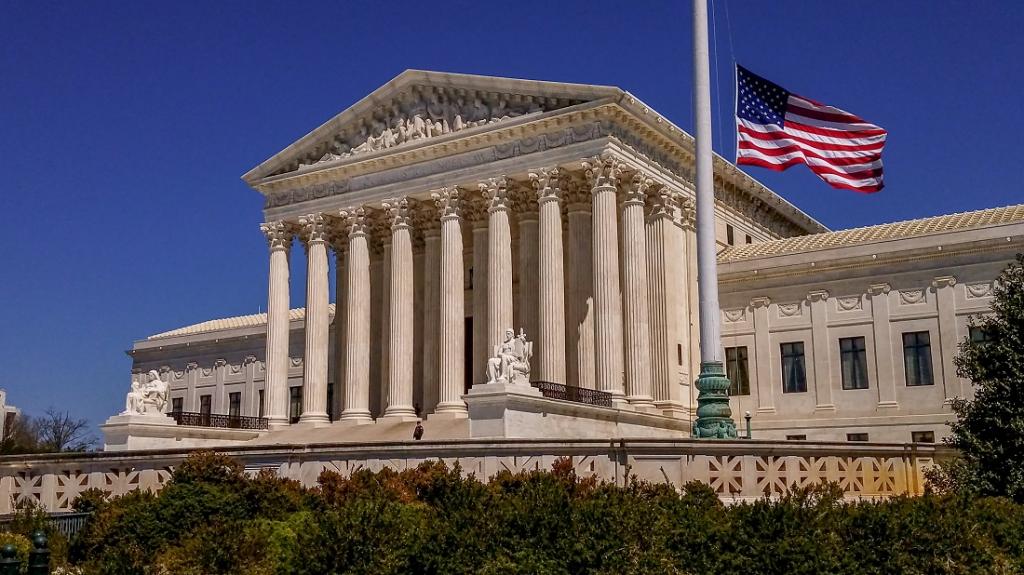The United States Supreme Court agreed on Friday to reconsider reviving two lawsuits accusing pharmacy operators of overcharging government health insurance programs for prescription drugs, a dispute that could have far-reaching implications for whistleblowers and the government’s ability to combat fraud.
The crucial question in both cases is whether firms can avoid whistleblower fraud lawsuits by citing an “objectively reasonable” interpretation of the law that supports their actions – regardless of whether they genuinely believed that view in good faith at the time.
That is what both Safeway Inc and SuperValu Inc, which was acquired by Rhode Island-based United Natural Foods Inc in 2018, argued in lawsuits filed by whistleblowers accusing them of defrauding Medicare and Medicaid. The Chicago-based 7th U.S. Circuit Court of Appeals agreed, granting judgment in favor of the companies. The whistleblowers appealed to the Supreme Court.
“We are glad the court took up this important issue,” said Tejinder Singh, a lawyer who represents the whistleblowers in both cases.
Requests for a response from Safeway and United Natural Foods were not immediately returned.
Both lawsuits allege that drugstore owners billed Medicare and Medicaid for prescription pharmaceuticals at artificially high sticker costs while charging most customers who paid for the drugs out of pocket substantially cheaper prices through discount schemes.
According to the whistleblowers, federal law requires pharmacies to bill Medicare and Medicaid based on the “usual and customary” pricing they charge clients. They also said that both corporations were well aware that they were cheating the government and worked hard to conceal their pricing practices.


